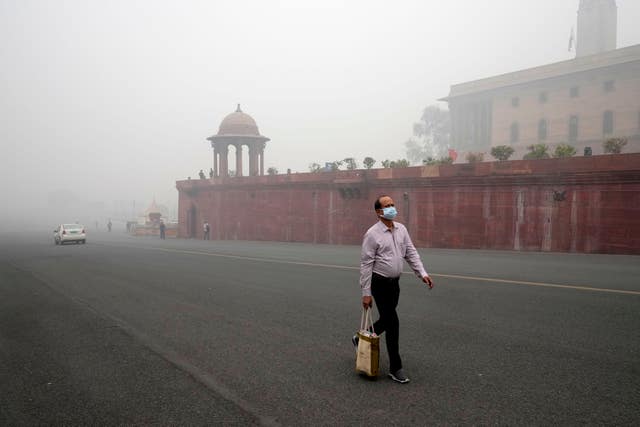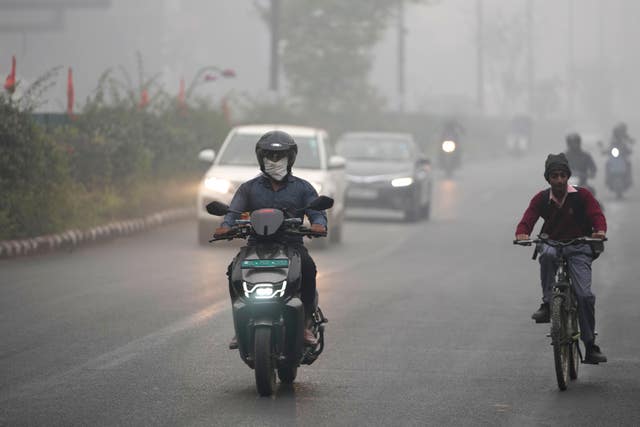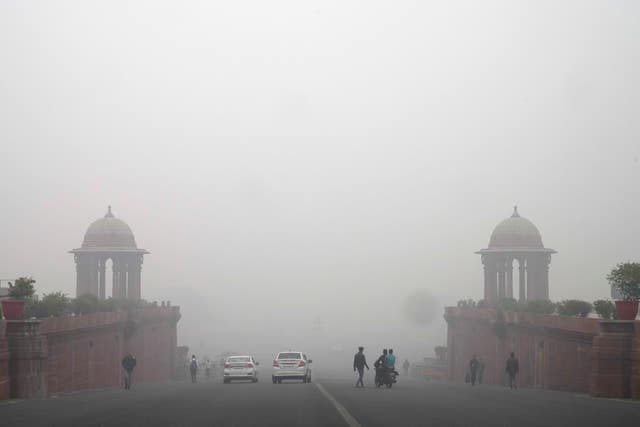New Delhi closes schools, daily life in capital stalls as air pollution spikes
India’s main environmental agency said the air quality had worsened into the severe category.

Authorities in India’s capital have shut schools, halted construction and banned non-essential trucks from entering the city on Monday after air pollution shot up to its worst level this season.
Residents of New Delhi woke up to thick, toxic smog enveloping the city of 33 million inhabitants as the air quality became increasingly hazardous.
The haze covered monuments and high-rise buildings in the capital with visibility so low that airlines warned of delays.

Air pollution in northern India rises every year, particularly in winter, as farmers burn crop residue in agricultural areas.
The burning coincides with colder temperatures, which trap the smoke in the air. The smoke is then blown into cities, where auto emissions add to the pollution.
Emissions from industries and the burning of coal to produce electricity are also linked to pollution, which has been steadily ticking up in recent weeks.
Classes for all grades except 10 and 12 will be held online from Monday, while no trucks will be allowed to enter the city except for those carrying essential items.

Over the weekend, farmers in neighbouring Uttar Pradesh state burned their fields, releasing plumes of grey smoke that winds likely carried into New Delhi and other nearby areas. Despite the poisonous air, many in the capital continued their usual routines, including morning walks in the city’s beloved Lodhi Garden.
The worsening air quality in the capital sparked outrage from residents on social media.

Several studies have estimated more than a million Indians die each year from pollution-related diseases.
Authorities have invoked similar measures in the past and have at times deployed water sprinklers and anti-smog guns in an attempt to control the haze.
But critics say there needs to be a long-term solution that drastically reduces pollution itself, instead of actions that aim to mitigate the effects after it has already plagued the region.





